Last updated on September 15, 2024
A film by Maura Delpero
With: Tommaso Ragno, Roberta Rovelli, Martina Scrinzi, Giuseppe De Domenico, Carlotta Gamba, Sara Serraiocco, Orietta Notari, Rachele Potrich, Anna Thaler, Patrick Gardener
Set in Italy at the end of World War II, the film tells the life of three sisters in a small mountain village, their metamorphosis and their growth after the arrival of a soldier.
Our rate: **
An austere tale, which seems to have been told so many times before, invites itself to us in a prelude that dwells on the overall setting, a village, its inhabitants, a family where monsieur asks madame to perform her conjugal duty on a regular basis. The family lives in relative harmony, under the patriarchal authority of this schoolteacher, a rare educated person in the village, who is responsible for the education of the family, the children of the village, but also a few refugees (Sicilians in particular) passing through during wartime. In this very large family, living in modest conditions, but also in this remote village, the question of the future is always present, despite this suspended time. The brothers and sisters are distinguished by their future aspirations, particularly in love, their rebellious or docile characters, but also their intellectual abilities. Education and marriage determine their future. On both counts, children are not free from dependence on their fathers’ choices. This lengthy, albeit applied, sociological exposition suggests two possible developments. The first would be closer to the individual construction within the collective (sorality rather than brotherhood, with the emphasis more on the girls and their relationships with each other) of children who will have to make the transition to adulthood, learn about art and life, and find their place, reminiscent of the stories drawn from the fates of the Bronte sisters or The Four Daughters of Dr. March. The second, from a more masculine point of view, is more concerned with wartime society and the return of those who have gone to war, as well as the organization and upheaval of society in their absence, in a similar vein to The Return of Martin Guerre, for example. The originality and strength of Vermiglio, which would later be discovered, lies precisely in the fact that, while these two questions are not completely dismissed, a third gradually seems to take shape, as events accelerate, sometimes in a surprising way (in quasi-false tracks), around the transition to modernity, but even more so, as a mirror of our current society. A relatively strong societal critique that not only looks back to a bygone era, but also questions our current era, its contradictions, the ambivalent struggles between, on the one hand, progressive movements that tend to highlight what should no longer be allowed to continue (discrimination of all kinds, the battles waged by feminist currents, the fight against homophobia, racism, etc. . …) but also the hints of conservative instincts, and the backward steps desired by those who oppose this vision of modernity that they do not share. Intelligent, always diligent but more dynamic, with subtle writing and good balance, Vermiglio succeeds in bringing us closer to these characters, making us empathize with them (essentially), but also more globally, making us reflect with him on what a look at the past can bring to our reading of today’s world.

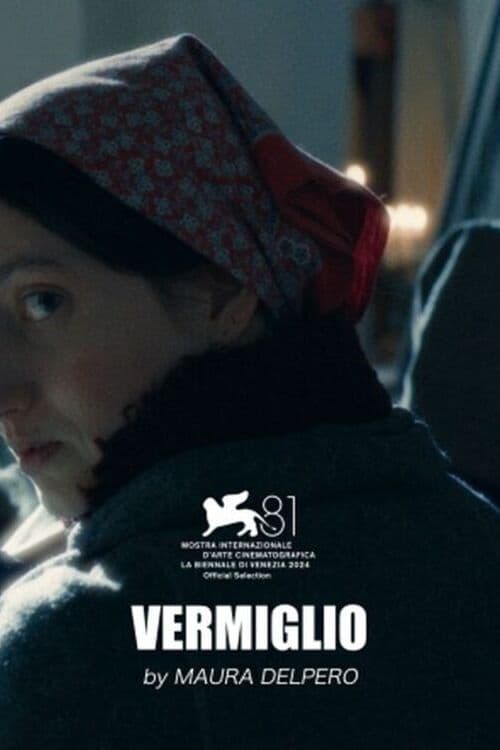
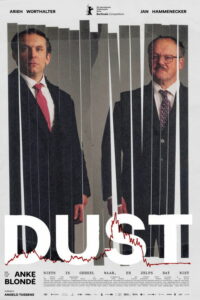
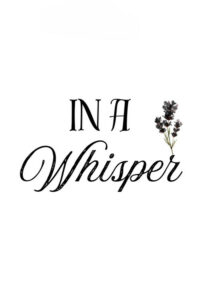
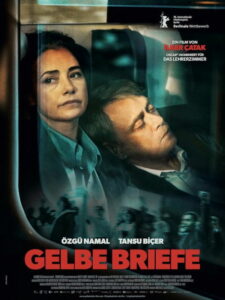
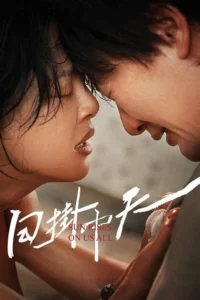
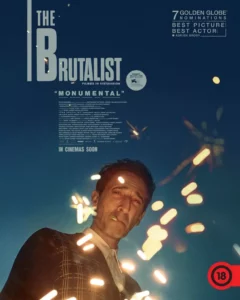
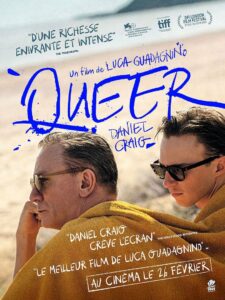
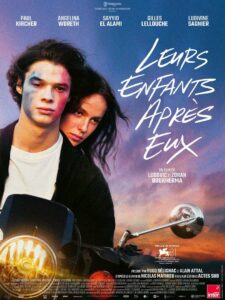
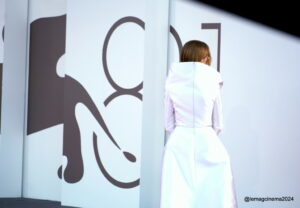
Be First to Comment